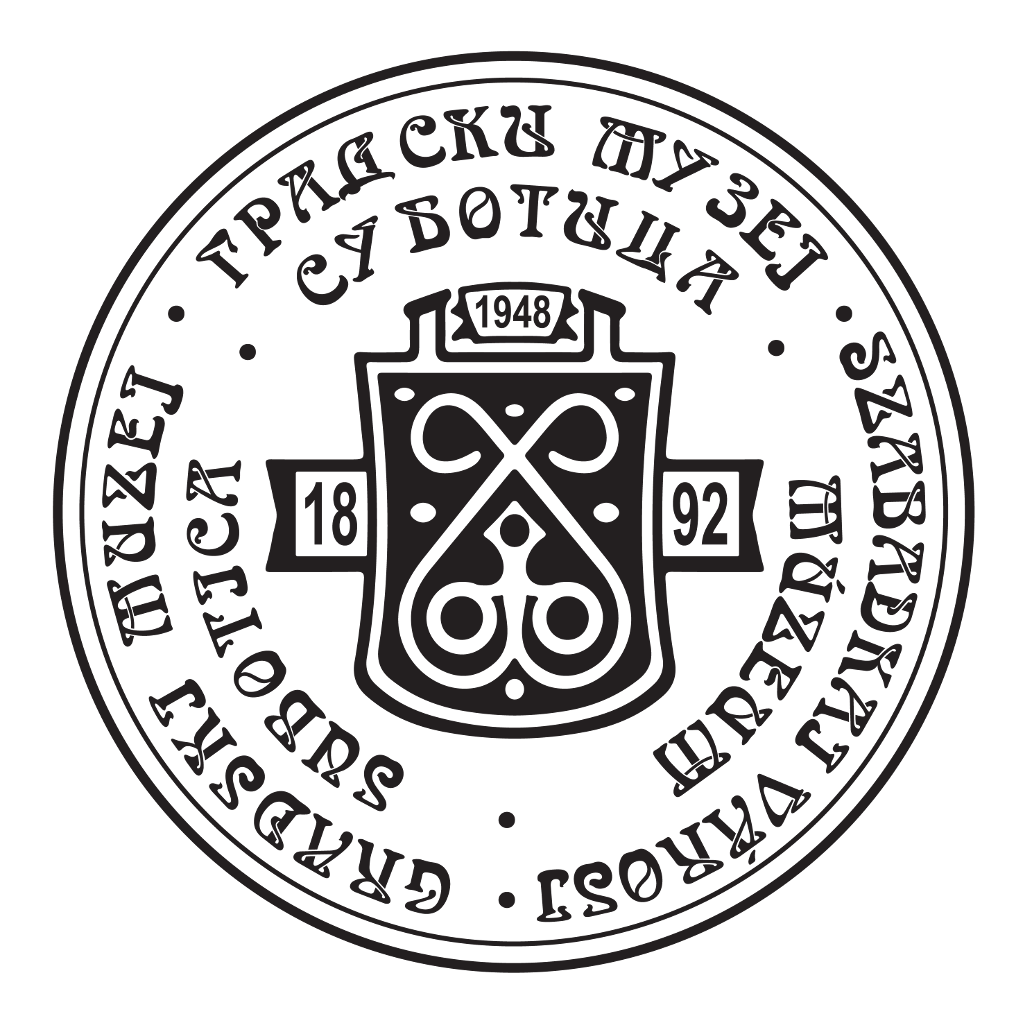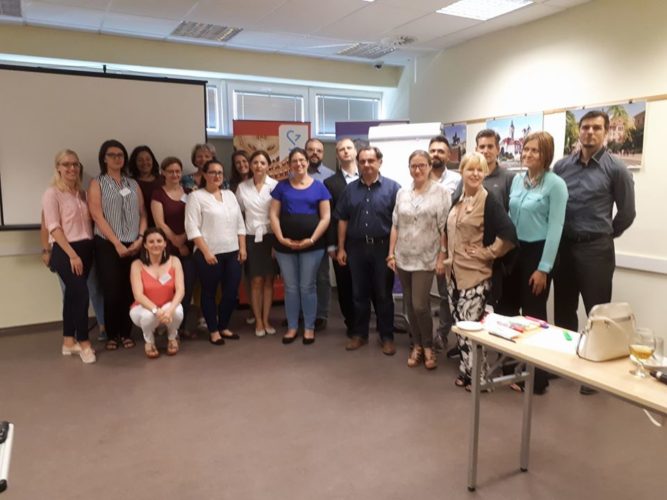Rediscover

REDISCOVER started with a project opening conference
The “Rediscover, expose and exploit the concealed Jewish heritage of the Danube Region” DTP2-084-2.2, with the acronym REDISCOVER was allocated 1 569 394,47 EUR within the Danube Transnational Programme. The project is being implemented for 3 years by 18 organizations from 8 countries of the Danube region:
Municipality of Szeged (as the Lead partner); Szeged and Surroundings Tourism Nonprofit Ltd.; Municipality of Galati; Municipality of Timisoara; World Heritage Management City of Regensburg; Institute for Culture, Tourism and Sport Murska Sobota; City of Osijek; Municipal Museum of Subotica; Kotor Municipality; and the City of Banja Luka (as partners).
The partnership is based on the participation of cities and towns which have a similar historical background, Jewish cultural heritage and similar goals for tourism. However, thematic partners who cooperate with the project partners are irreplaceable for the realization of the project, and they are: City of Subotica, City Municipality Murska Sobota, Jewish Community of Szeged, Jewish Community Timisoara, part of Federation of Jewish Communities of Romania, Jewish Community of Osijek, Jewish Community of Montenegro, Jewish Community of Banja Luka, as well as the Romanian Institute for Research on National Minorities.
The Jewish community is quite fragmented in the Danube region nowadays. Capitals and larger regional centres have significant residual communities which play an important role in the preservation of the Jewish religious and cultural heritage. The main challenge for medium sized cities which are famous heritage centres on the tourism market is to discover the elements of tangible and intangible Jewish heritage in order to create competitive cultural products with potential tourism prospects.
The rediscovery of the Jewish cultural heritage within the project means that besides tangible elements that are well-known to the wide audience (synagogues, cemeteries, memorials, public/ business/residential buildings) which can be organised into creative attractions, to include and integrate intangible elements usually not recognised by the mainstream community and visitors. Such elements are music and literature, religion and festivals, traditions and lifestyle, cuisine and local recipes, oral history, photo collections, legacy of famous locally born Jewish personalities, arts, events. This project would like to contribute to the creation of competitive advantages for cities with otherwise scarce Jewish cultural heritage attractions.
The main objective of the project is to explore, revive and present the hidden intellectual heritage along with locally available Jewish cultural heritage sites in project partner cities. That will be the base for creation of a jointly presented synergistic tourism tool/service that is accessible to the wide audience as well.
The REDISCOVER project’s launching conference and kick-off meeting was held by the Lead Partner in Szeged on 5-6th July at IH Event Centre. After the opening addresses Hungarian lecturers gave inspiring and high quality presentations to the audience. László Marjanucz, PhD from University of Szeged was talking about the concrete historical processes of the coexistence and joint urban development of various Jewish groups of Szeged, from Norbert Glässer, PhD, also from the University of Szeged, along with András Zima, from the Budapest University of Jewish Studies, gave a presentation about changing Jewish community life, inherited cultural products, roles in local social development. Last, but not least, Krisztina Frauhammer’s (University of Szeged) lecture elaborated on the representation of intangible heritage in written sources of Judaism of the Danube Region.
After the launching conference, the event continued with the kick-off meeting organised only for the project partners. This was the first time when the partners have met and had a chance to get to know each other better in person and create a friendly working environment. Partners got acquainted with the detailed concept, purpose and implementation rules of the project. The 36 moth-long project ends on 31 May 2021.


